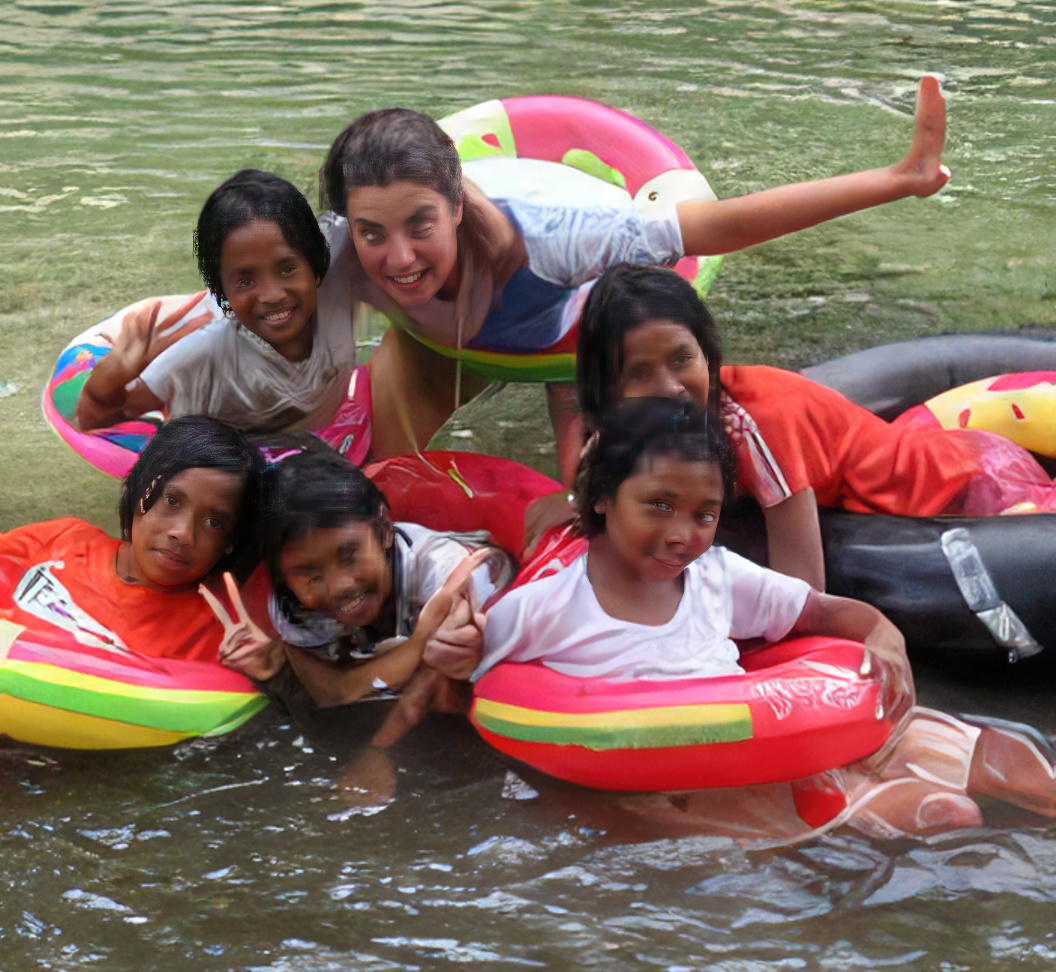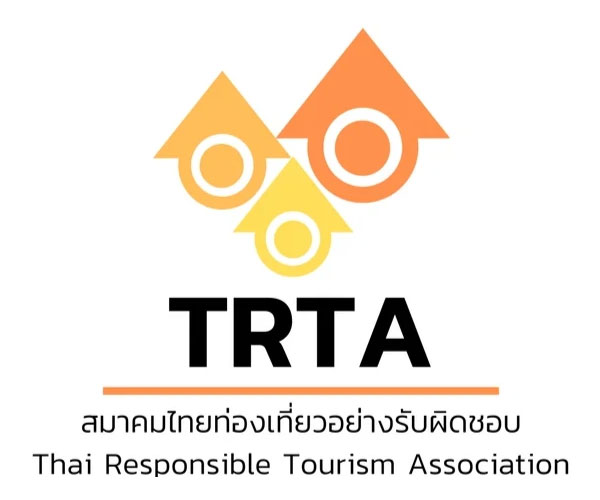More Thailand Tips
Currency in Thailand
The currency in Thailand is Thai Baht. Currency rates can change daily, so you should check current rates to get the latest exchange rates for the value of the baht.
Climate and weather
Thailand is at its best from November to early May. In the South, the months of March and April are hot, but less so than other parts of Thailand. In the monsoon season from June to October you can expect frequent rain (usually downpours of short duration) and increased numbers of bugs. Vegetation is also at its peak of lushness at this time producing an array of tropical fruit, and monsoon showers are usually followed by blue skies and brilliant sunsets.
Medical requirements
For visitors from most nations, no vaccinations are required or recommended for entry into Thailand. Medical care of a high, international standard, is available at many hospitals in Bangkok, Phuket, and Chiang Mai, and costs are well below those for equivalent attention in other countries.

Chikungunya and Dengue
The Chikungunya and Dengue viruses are present in Thailand. These illnesses are spread by day-biting mosquitoes, so the best way to prevent infection is to wear clothing that covers all extremities and use insect repellent with substances such as DEET. Travelers are also encouraged to sleep under a mosquito net.
Malaria
Malaria is not a major risk in Thailand, but the risk is present. It is higher in the rainy season. Thai Malaria Division of the Thai Department of Public Health issues the following information:
Areas where malaria is transmitted. Mosquitoes transmitting malaria are found in the hilly and forested areas of Thailand. If you are going to visit such areas for any purpose and plan to stay overnight or after dusk, the instructions for self-protection are given in the following paragraphs.
Prophylaxis. Due to problems of resistance of malaria parasites to anti-malarial drugs, prophylaxis is not recommended.
Protection against mosquito bites is the basic tactic. Sleep under a net even if the mosquitoes do not seem to be present. The malaria mosquito vectors bite at night. Apply mosquito repellent on exposed parts of the body at regular intervals after dusk. Following any visit to possible malaria areas, any episode of fever should be considered possibly of malaria origin. A visit should be made to a district malaria office, or nearest provincial or district hospital for blood examinations and rapid treatment. Contact the Tropical Disease Hospital in Bangkok (Tel: +66 (0) 254-1272-3, +66 (0) 245-7558) for more information.












